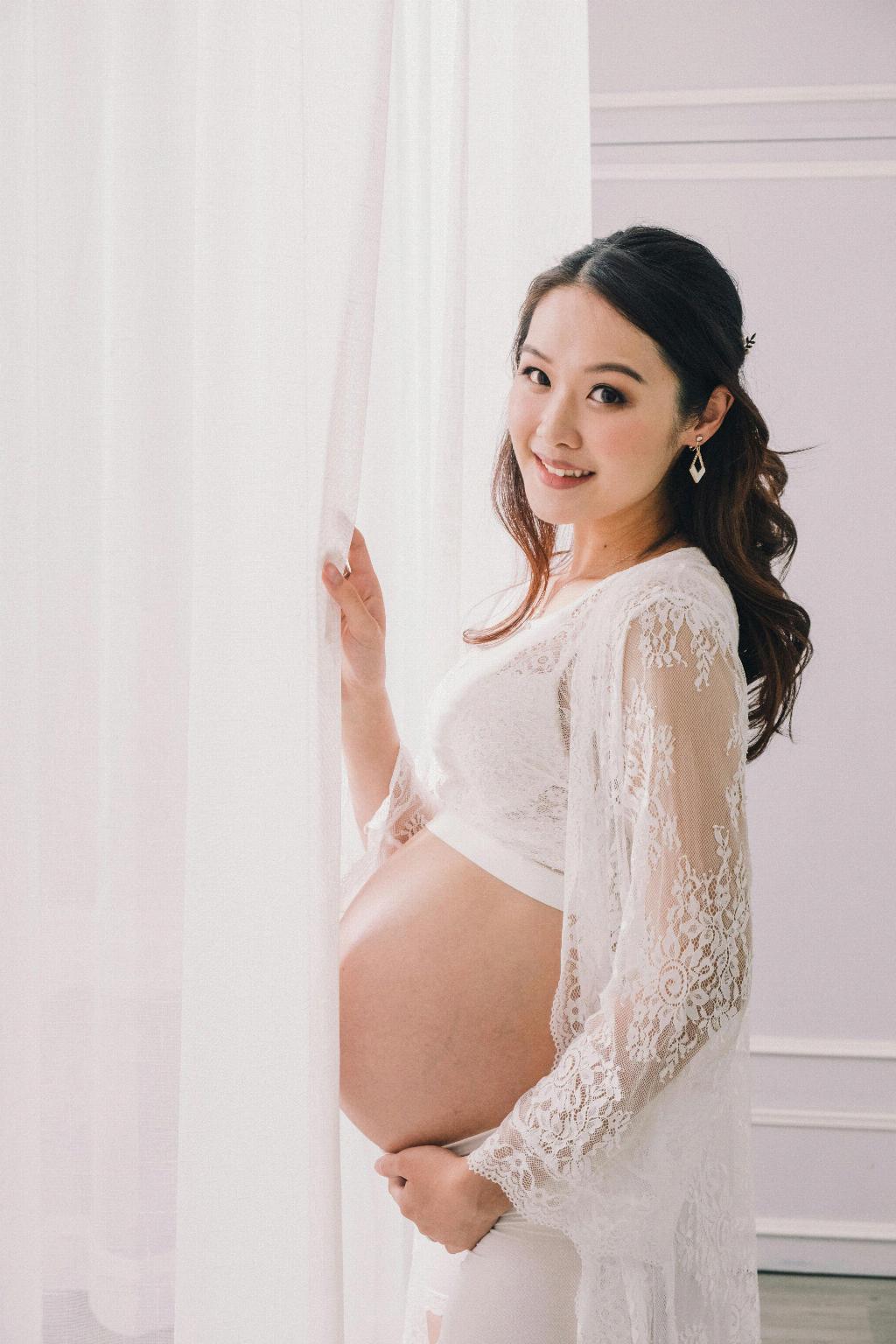When delving into the fascinating realm of extraordinary motherhood, one cannot help but be captivated by the remarkable stories that defy traditional notions of age and motherhood. While much attention is rightfully given to the oldest recorded mother at 74 years of age, there is also great intrigue surrounding the title of the second youngest person to have a baby.
The Pioneering Case of Lina Medina
Lina Medina from Peru holds the record for being the youngest confirmed mother in history. In 1939, at the tender age of just five years old, she gave birth to a healthy baby boy. This astonishing case continues to baffle medical experts and historians alike, shedding light on the complexities of early pregnancy and childbirth.
Unraveling the Mystery of the Second Youngest Mother
While the youngest mothers in history have garnered significant attention, the identity of the second youngest person to have a baby remains shrouded in mystery. The documented cases of young mothers throughout history provide a glimpse into the extraordinary circumstances that have led to such unique occurrences.
The Intriguing Case of the Second Youngest Mother
Among the myriad of stories surrounding young mothers, the second youngest person to have a baby holds a particular allure. The details of this case, while not as widely known as Lina Medina’s, offer a compelling narrative of resilience, challenges, and ultimately, the miracle of life.
Historical Context and Cultural Factors
Examining the historical context and cultural factors that may have contributed to the phenomenon of young motherhood is essential in understanding the intricacies of these cases. Societal norms, medical knowledge, and individual circumstances all play a role in shaping the stories of these remarkable mothers.
The Impact of Early Motherhood
While the concept of early motherhood may evoke a range of emotions and reactions, it is essential to consider the impact it has on the lives of the young mothers and their children. The challenges and triumphs they face serve as a testament to the resilience and strength of the human spirit.
Medical and Ethical Considerations
From a medical and ethical standpoint, the cases of young mothers raise important questions about reproductive health, informed consent, and the well-being of both mother and child. These complex issues underscore the need for a holistic approach to addressing the unique challenges posed by early motherhood.
Lessons Learned and Future Perspectives
By exploring the stories of the youngest mothers in history, we gain insights into the complexities of human reproduction, societal norms, and the enduring power of the maternal instinct. These stories remind us of the resilience of the human spirit and the profound impact of motherhood on individuals and societies.
Conclusion: Reflecting on Extraordinary Motherhood
In conclusion, the tales of the youngest mothers throughout history offer a lens through which we can examine the intersections of age, motherhood, and society. As we unravel the mysteries of the second youngest person to have a baby, we gain a deeper appreciation for the miraculous nature of life and the enduring legacy of motherhood.

